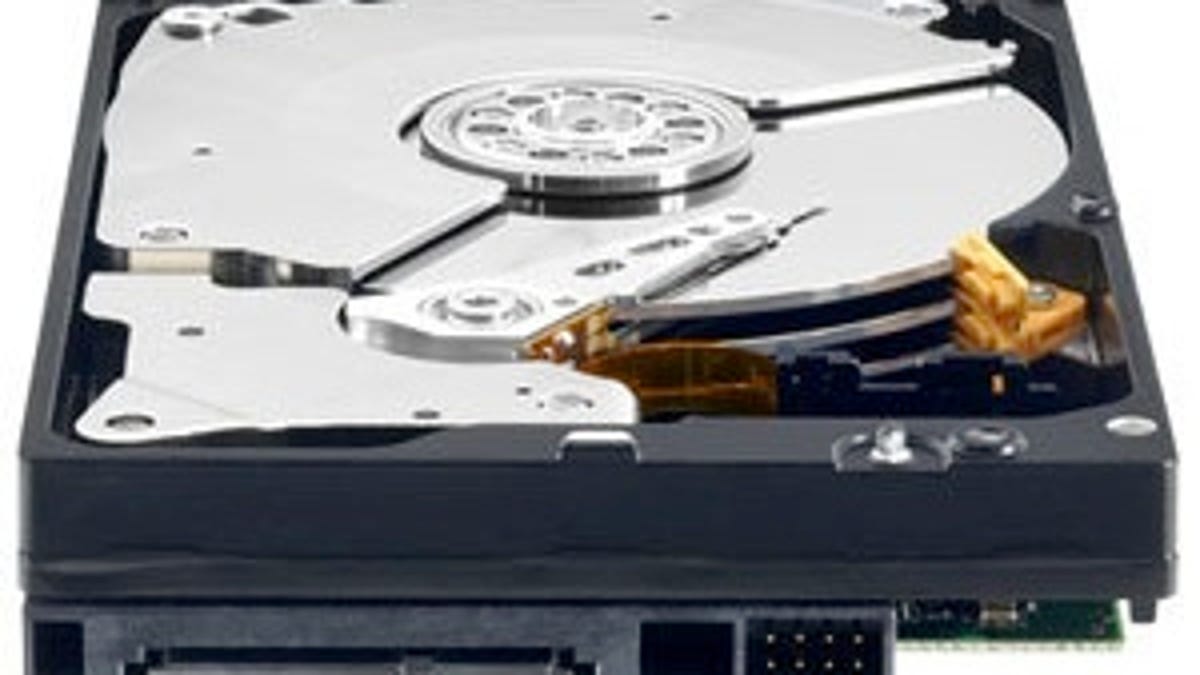Hard-disk shortage hits consumer outlets
Online resellers are showing strong signs of a constraint on supplies of hard-disk drives: prices are going up as inventory goes down.

The fallout of the hard-disk drive shortage is now raining down on consumers, according to analysts and resellers.
The most immediate impact is rising prices and falling inventory of standalone drives, in the wake of the flooding in Thailand where roughly half of the world's drives are made. "Prices are going up. We're running out of stock and no longer taking back orders," said a sales representative at PC Connection, a major online reseller.
"We have half the stock we used to have," the sales rep added.
A sales representative at CDW, another major reseller, said prices have jumped as much as $100 on some HDDs.
A quick search at CDW, for example, of one terabyte (1TB) drives shows that many of the least expensive drives are listed as "call" (not immediately available) or showing lead times of between 3 and 11 days.
So, why is this happening? In addition to the most obvious reason--that hard-disk drive component factories in Thailand have been devastated by the flooding--other factors are now coming into play, both strategic and psychological.
"The hard drive manufacturers are doing everything they can to keep the big OEMs (PC makers) needs satisfied," said Jim Handy, an analyst at market researcher Objective Analysis.
"And that means that the little guys are bearing the brunt. And a lot of the little guys put together things like inexpensive external drives. That's the kind of thing that's more likely to go into shortage than PCs," he said.
And shortages lead to price hikes. "There are occasions of 180 percent price increases as compared to before the flood," said Tom Coughlin of Coughlin Associates, which tracks the storage industry.
Many one terabyte internal drives, for example, are now priced at $120 and up. These would have been $60 to $80 before the flood, Coughlin said. "Prices (before the flood) were as low as 4 cents a gigabyte, now we're seeing 12 cents. That's a 3X increase," he said.
Psychology is, not surprisingly, a big factor. "The immediate thing we're seeing is a price spike based on an actual shortage but also combined with people buying more than they actually need," said Coughlin.
"Uncertainty leads to more uncertainty that leads to people trying to take preventive measures to try to protect themselves. It's a natural human reaction," he said.
The upshot is that while the supply of standalone drives is being pinched, PCs are not being affected in a big way. And PCs--at least right now--are not seeing noticeable price increases because PC makers are cornering supply.
And, for some consumers, all of this could boil down to choosing between a standalone drive upgrade of an existing system or buying a new system outright, Coughlin said. The standalone drive will become disproportionately pricey while the price of a complete system may see much less of an increase as PC vendors--at least for now--are better able to keep prices under control.

